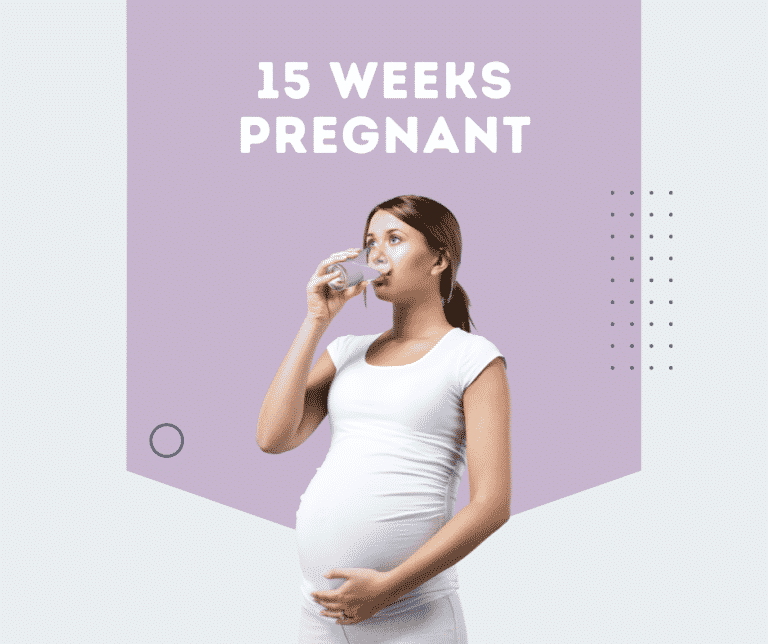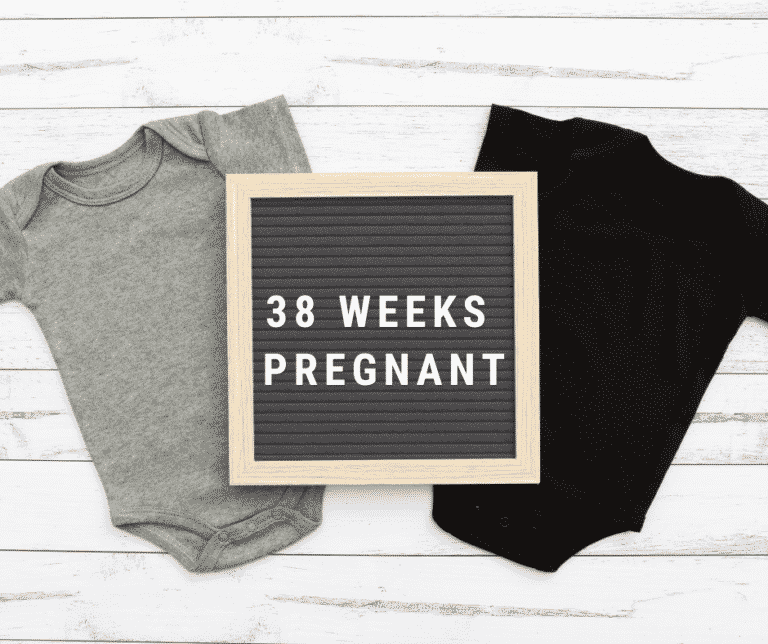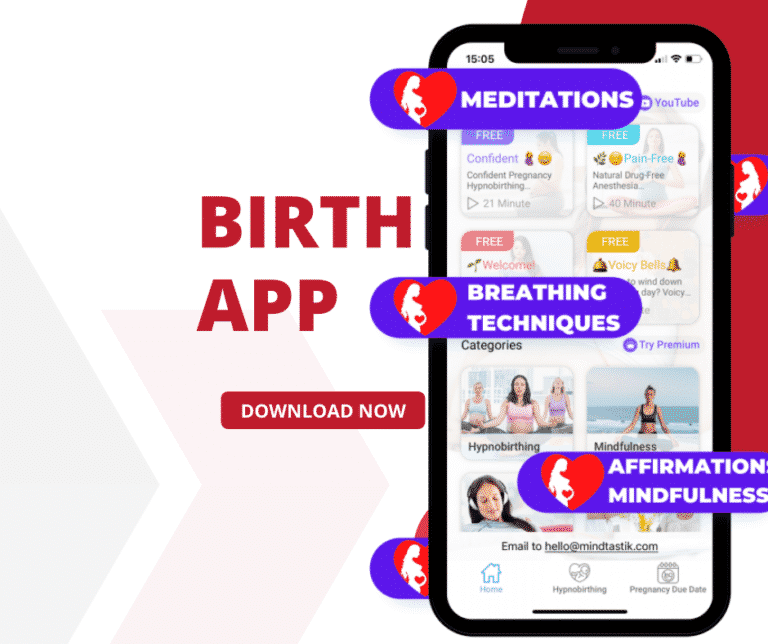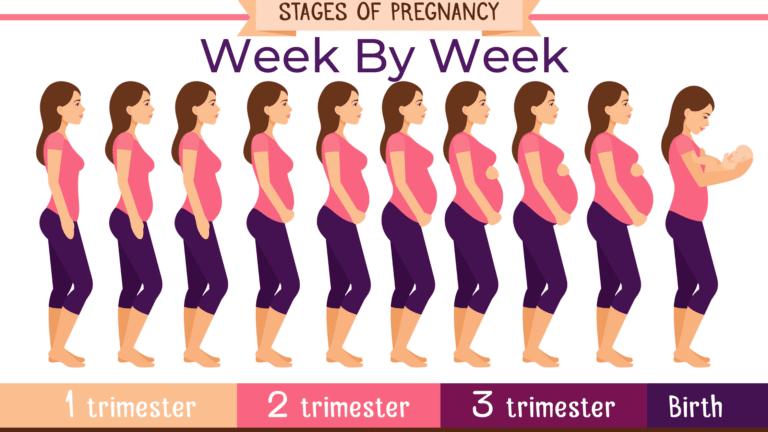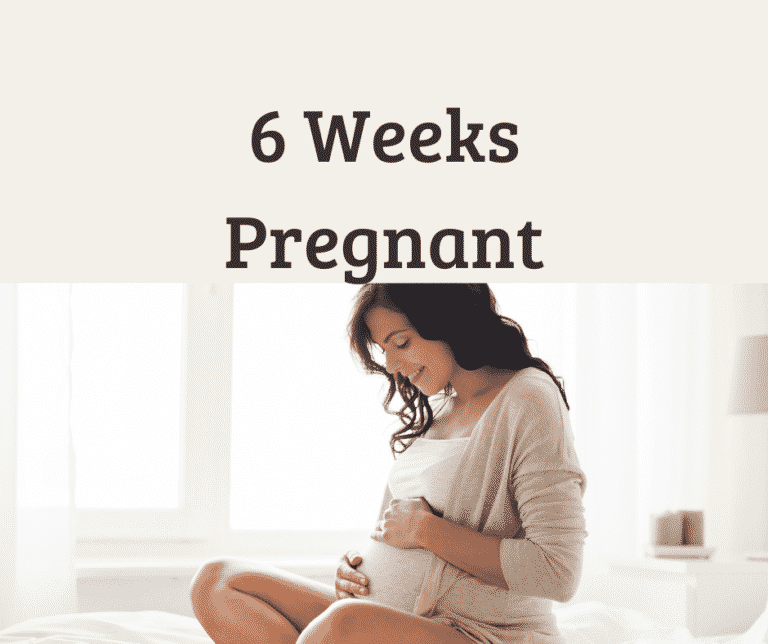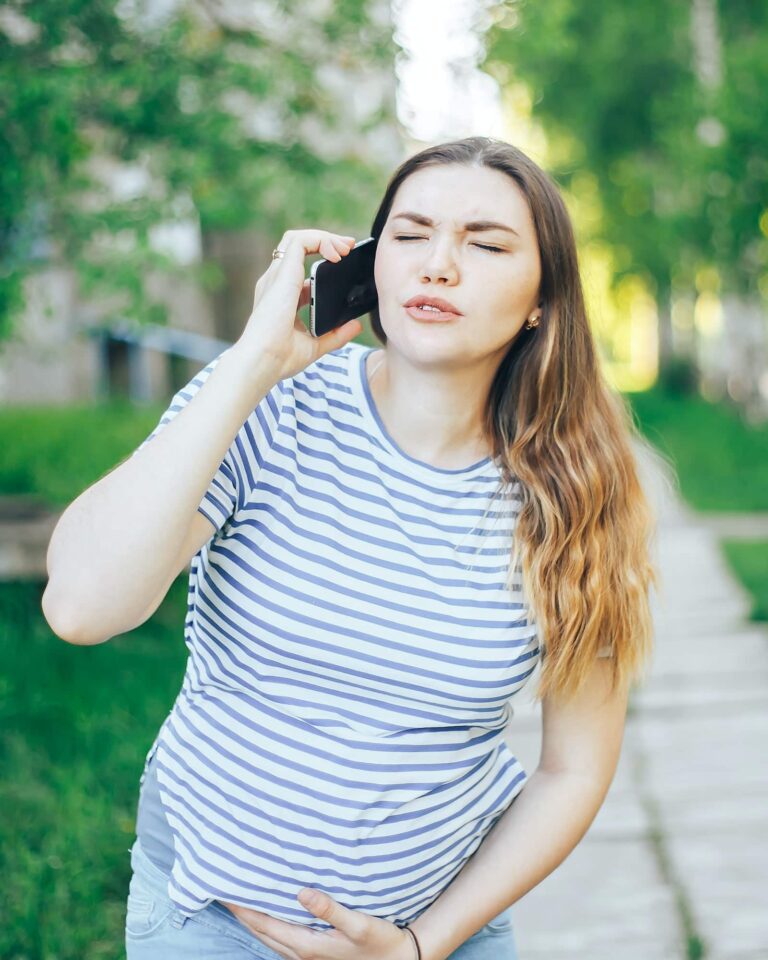Can I drink decaf coffee while pregnant?
Published on April 29, 2022 – Last Updated on December 6, 2022
You may be wondering if it’s safe to drink decaf coffee while pregnant. Many women enjoy a cup of coffee during their pregnancy, but is decaf the best choice? In this post, we’ll take a look at the research on decaf coffee and pregnancy and help you make the best decision for you and your baby.
What is Decaf Coffee?
Decaf coffee is made from coffee beans that have been decaffeinated or had the caffeine removed. The process of decaffeination can vary but typically involves soaking the beans in water or steam and then using a solvent to remove the caffeine. Decaf coffee still contains small amounts of caffeine, but typically less than 0.1% by weight. For comparison, regular coffee beans contain about 1-2% caffeine by weight.
De-caffeinated coffee is sometimes criticized for having a weaker flavor than regular coffee, but this is typically due to the processing methods used rather than the lack of caffeine. Decaf coffee can be just as flavorful as regular coffee when done correctly. It’s also worth noting that decaf coffee still has many of the same health benefits as regular coffee, including improved mental alertness and decreased risk of certain diseases. So for people who want to enjoy the benefits of coffee without the caffeine jolt, decaf coffee is a great option.
Another resource: can pregnant women drink coffee?
Tell me the caffeine content of Decaf Coffee?
It is well known that coffee is an extremely popular drink around the world, with people enjoying a steaming cup every morning as a way to wake up and start their day. While many people drink regular coffee, which contains caffeine and its associated stimulant effects, others prefer to drink decaf coffee instead. This type of coffee may seem like it has less caffeine than regular coffee, but it still contains specific amounts of this all-important chemical compound.
The amount of caffeine in decaf coffee actually varies depending on the processing method used to extract it. For example, some decaffeinated coffees may still contain between 2-8 mg per cup, while other methods can produce decaf coffee with as much as 20 mg of caffeine per cup. However, regardless of the specific amount found in any particular type of decaf coffee, it should be noted that overall caffeine consumption remains fairly low for those who drink this beverage regularly.
So why does this matter? For many people who drink large amounts of regular coffee every day, cutting back on both the amount and frequency of their caffeine intake can have several health benefits. Some studies have shown that excessive levels of caffeine consumption can lead to heart disease or even cancer, so the use of decaf coffee may be an excellent way to avoid these issues.
Is it safe to consume decaf coffee while pregnant?
While many women choose to avoid drinking caffeine while pregnant, there has been some debate about the safety of decaf coffee. Some claim that decaf is safe to drink coffee in moderation, as it contains less caffeine than other types of coffee. However, others argue that even low levels of caffeine are potentially harmful to the developing fetus, and believe that pregnant women should avoid all forms of coffee entirely.
At this point, there is still a lack of scientific evidence on the effects of decaf coffee consumption during pregnancy. However, research on the use of green coffee beans shows promising results. Studies have found that when green coffee beans are consumed, they can help increase weight loss and improve overall health. This suggests that drinking de-caffeinated coffee may be safer than consuming other sources of caffeine during pregnancy. Ultimately, whether or not you decide to drink decaffeinated during your pregnancy is up to you and your healthcare provider. Still, it is essential to keep in mind the potential benefits and any risks associated with moderate caffeine consumption.
If you are breastfeeding please check out our post on coffee while breastfeeding.
Which brands of Decaf Coffee are safer for pregnant women?
When it comes to making healthy choices for your pregnancy, one of the most important decisions a woman can make is to choose a safe and effective brand of decaf coffee. Unfortunately, there are many different brands available on the market today, so it can be challenging to know which ones are the safest and most reliable options. Some factors that you should consider when evaluating your choices are the side effects of ingredients in each product and any past experiences with quality control issues or recalls of their products.
Based on extensive research and analysis, one brand emerges as the clear winner: Decaf Pregnancy Safe. This product has been proven to be highly effective at safely easing nausea and vomiting during early pregnancy without causing any unwanted side effects or adverse reactions. With this top-quality product firmly established in the marketplace, it is undoubtedly the best choice for a decaf coffee that is safe for expectant women. So if you’re looking for a high-quality decaf coffee during pregnancy, look no further than Decaf Coffee Pregnancy Safe!
What are the risks of drinking caffeine while pregnant?
Drinking caffeine during pregnancy is a controversial topic, with many people taking strong stances on both sides of the issue. Some experts argue that caffeine has adverse health effects on both mother and baby, while others maintain that drinking moderate amounts of caffeine poses no real risks.
One of the main concerns surrounding caffeine consumption during pregnancy is its potential impact on fetal development. Some studies have suggested that heavy caffeine intake can increase the risk of miscarriage, congenital disabilities, and other complications. Caffeine has also been shown to affect infant brain development, which may affect motor function and learning later in life.
Aside from these long-term risks, some short-term health dangers are associated with drinking caffeine while pregnant. For example, caffeine can exacerbate symptoms such as nausea, heartburn, and high blood pressure. It can also negatively impact sleep patterns and make it more difficult for mothers to manage their stress levels throughout pregnancy.
Given these various risks, it is important to carefully consider whether or not you want to drink caffeine while pregnant, especially if you are at high risk for adverse effects from this substance. Ultimately, the best course of action is to consult your doctor about your individual situation so that you can make an informed decision about your health and the health of your baby.
How many cups of decaffeinated coffee or tea can I drink while pregnant?
The question of how many cups of decaffeinated coffee or tea you can safely drink while pregnant is a complex one. There is a lot of conflicting research on this topic, and the recommendations seem to vary depending on who you ask. For example, some experts recommend that expectant women avoid all caffeine, while others say that small amounts are acceptable. It is also important to remember that organic coffee and tea contain trace amounts of caffeine, so paying attention to how much caffeine you are drinking is essential.
At the end of the day, we believe that the best approach is to be mindful of your caffeine intake while pregnant. If possible, opt for organic coffees and teas without added flavors or sweeteners, as these often contain higher levels of caffeine. Additionally, try not to exceed more than two cups per day of decaffeinated coffee or tea, and be sure to keep track of how many cups you consume over time. Finally, if you ever have any questions or concerns about your caffeine intake during pregnancy, speak with your healthcare provider for personalized advice tailored to your unique situation.
What are the benefits of drinking decaf coffee while pregnant?
According to a recent study, moms-to-be who drink regular or decaffeinated coffee have a lower risk of miscarrying than those who abstain from drinking coffee altogether. Researchers believe that the benefits of coffee are due to its high concentration of antioxidants, which can help to protect the developing fetus from damage.
However, it is important to limit intake to no more than three cups per day, as too much caffeine can lead to negative health effects. In addition, expectant women should avoid coffee that is not organic, as it may contain toxins that can harm the fetus. Therefore, drinking moderate amounts of decaf coffee may benefit pregnant ladies.
Can I drink espresso while pregnant?
There are many opinions on whether or not it is safe to drink espresso while pregnant. Some people believe that the caffeine in espresso can be harmful to the developing baby, while others believe that it is perfectly safe. So, what is the truth?
Caffeine is a stimulant that can cross the placenta and enter the developing baby’s bloodstream. Caffeine can also increase the mother and baby’s heart rate and blood pressure. However, there is no evidence that moderate caffeine consumption (less than 200 mg per day) increases the risk of miscarriage or other adverse pregnancy outcomes. In fact, some studies have actually found that moderate caffeine consumption may actually be protective against certain pregnancy complications, such as pre-eclampsia.
So, if you are pregnant and enjoy drinking espresso, there is no need to worry. Just be sure to limit your intake to less than 200 mg per day and talk to your doctor if you have any concerns.
What are the risks of drinking too much coffee while pregnant?
According to a new study published in the journal BMJ, a pregnant woman who drinks more than 200 mg of caffeine per day (about 2 cups of coffee) has an increased risk of miscarriage. The study, which tracked more than 1,200 pregnant women, found that those who consumed 200-300 mg of caffeine per day were at a 38% higher risk of miscarrying than those who consumed less than 200 mg per day.
Despite these findings, the researchers cautioned that the absolute risk of miscarrying is still relatively low and that pregnant women should not necessarily avoid all caffeine. However, they advised limiting caffeine intake to below 200 mg per day to minimize the risk.
Side Effects of Drinking Decaf Coffee When Pregnant
While many women choose to consume regular and decaffeinated coffee while they are pregnant, this habit can have some unforeseen side effects. For one thing, the process of removing caffeine from coffee can reduce essential nutrients like magnesium and potassium. Additionally, the caffeine-free nature of decaf coffee likely means it is higher in sugar, which may be harmful to both mother and baby.
Finally, drinking large quantities of decaffeinated coffee has been associated with an increased risk of miscarriage. Even though the dangers may be subtle, it is best for pregnant women to steer clear of this beverage entirely and opt for healthier alternatives, such as tea or water. By making these simple changes, expectant mothers can enjoy a safer pregnancy free from the negative side effects of decaffeinated coffee.
Conclusion on Caffeine Intake During Pregnancy
So, what’s the verdict? Can you drink decaffeinated coffee while expecting? The answer is yes – but it’s important to remember that not all decaffeinated coffee is created equal. Some brands may have a higher caffeine content than others, so always be sure to check the label before you buy. And as with anything else during pregnancy, it’s always best to speak with your doctor if you have any questions or concerns. We hope this article has helped clear up some of the confusion around decaffeinated coffee and pregnancy. Have something to add? Let us know in the comments!


